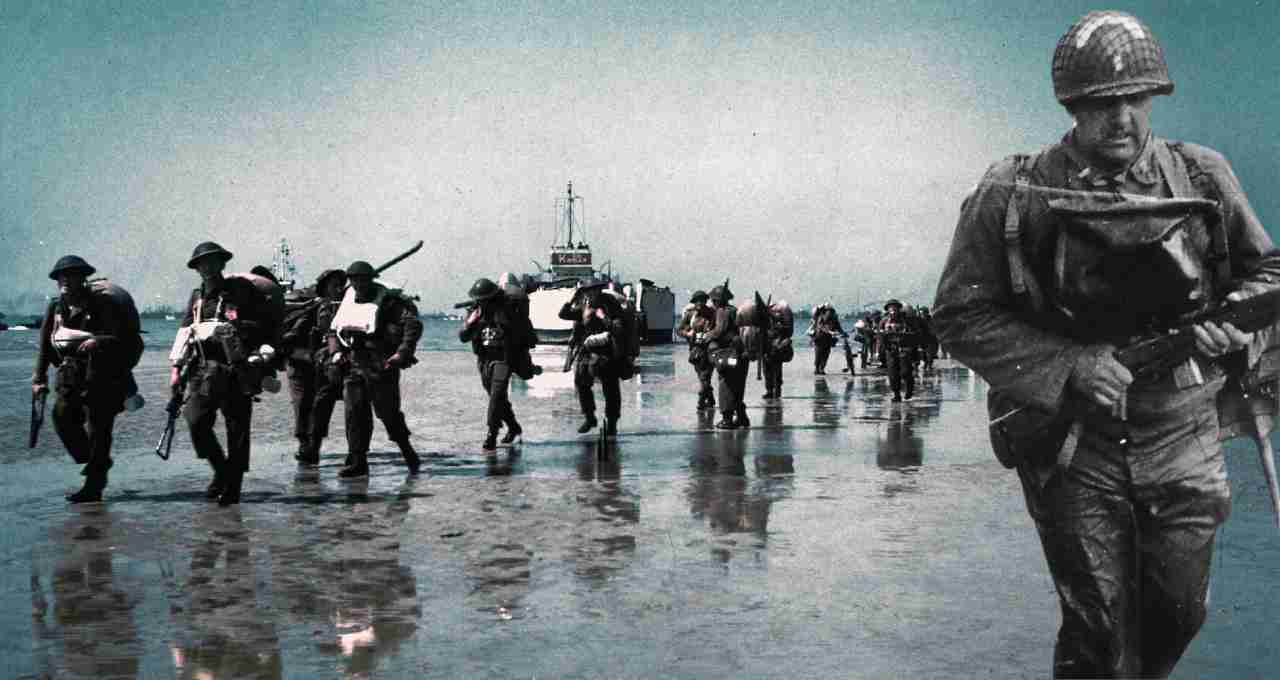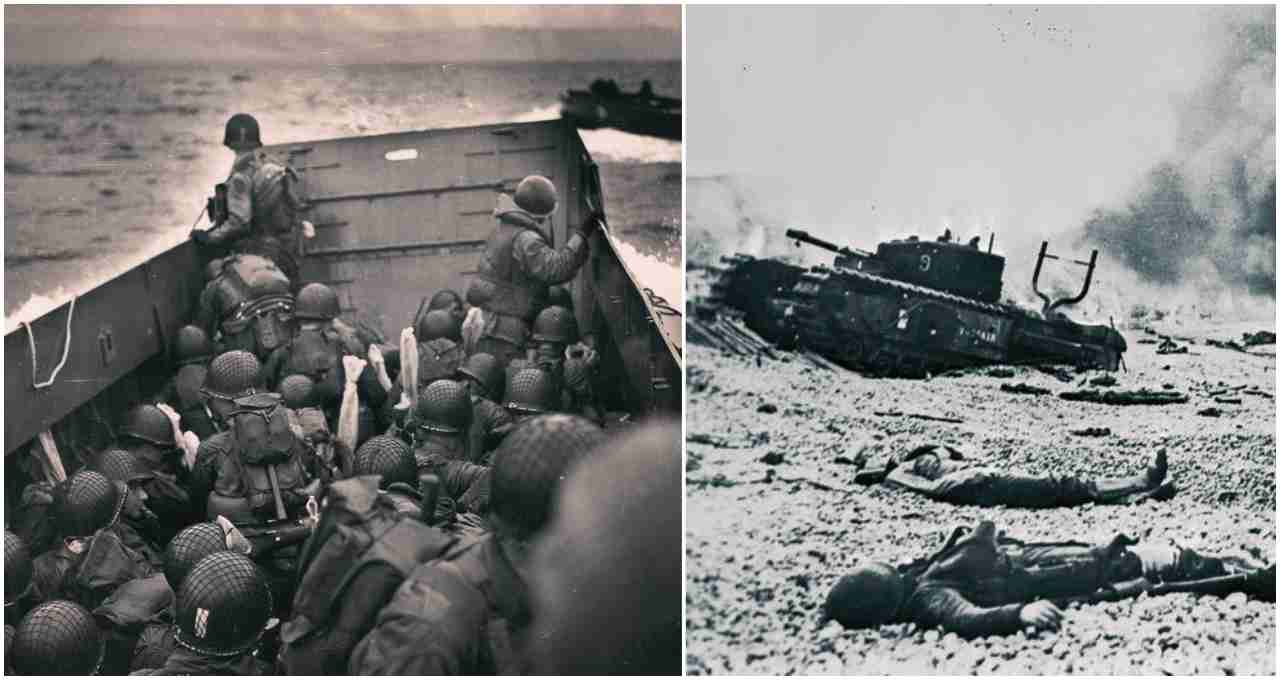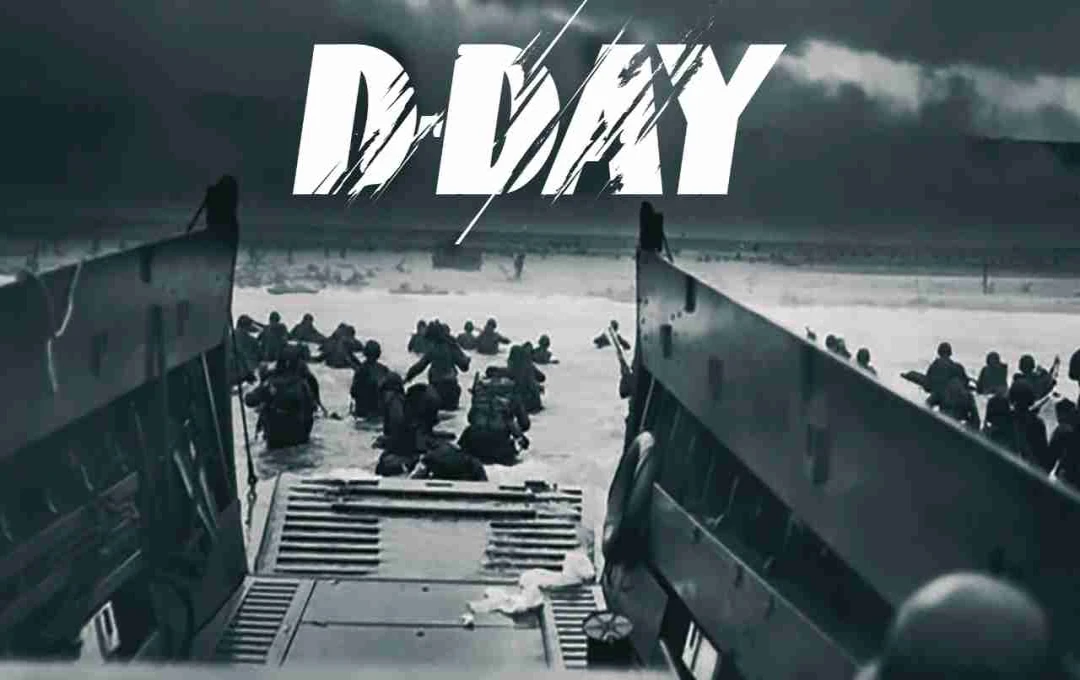June 6th holds a significant place in the history of World War II, a day known as D-Day. It marks the largest amphibious invasion in human history, a pivotal event that irrevocably altered the course of the war. D-Day is widely considered the beginning of the end of the war in Europe, as Allied forces launched an assault on German forces along the coast of Normandy, France, significantly shifting the momentum towards Germany's defeat.
D-Day's History and Significance

On June 6th, 1944, nearly five years after the outbreak of World War II, the armies of the United States, Britain, and Canada launched 'Operation Overlord,' the largest military operation ever undertaken. This massive undertaking involved over 160,000 troops, more than 5,000 warships, and countless aircraft.
On this day, Allied forces crossed the English Channel and stormed the German-occupied beaches of France. The primary objective was to liberate France from Nazi occupation and weaken Germany's military power. Fierce fighting raged for approximately a week, resulting in heavy casualties on both sides, but ultimately, Allied forces secured control of the area.
Following this victory, Allied forces increased their numbers and pushed further inland, forcing the German army into a retreat. This assault dealt a significant blow to Germany, paving the way for its eventual surrender in 1945 and the end of the war.
Why is D-Day Commemorated?
D-Day is commemorated to remember the bravery and sacrifice of the soldiers who perished in the war. It serves as a tribute to the struggle and courage that secured our freedom. Many countries around the world, particularly in Normandy, France, hold special events, parades, and memorial services on this day to honor those brave individuals who gave their lives.
How to Commemorate D-Day

- Attend Commemorative Events: D-Day festivals are held annually in and around Normandy, featuring parades, concerts, fireworks, and memorial services honoring the soldiers who fought and died in the war.
- Visit War Museums: If you're interested in history or wish to teach your children about WWII, the war museums and memorials in Normandy offer a powerful learning experience. You can see firsthand weapons, equipment, and detailed accounts of the battles.
- Educate and Raise Awareness: Discuss the history and significance of D-Day with family and friends. It's crucial to understand the immense struggle and sacrifice that secured our freedom.
What Does D-Day Actually Mean?
The term 'D-Day' doesn't inherently possess a specific meaning. In the US military, 'D-Day' was a generic term signifying the first day of any operation. The 'D' simply stands for 'Day.' The specific operation was codenamed 'Operation Overlord,' which became synonymous with the Normandy landings.
The main commander of this operation was General Dwight D. Eisenhower, who later became the 34th President of the United States. Under his leadership, the operation was successful, contributing significantly to the end of Nazi power in Europe.
Why is D-Day Important?
- Turning Point of the War: D-Day marked the beginning of Allied victory in Europe. From that day onwards, Germany began its retreat, drastically altering the course of the war.
- Largest Military Operation: The operation involved thousands of troops, ships, and aircraft, making it the largest amphibious invasion in history.
- Remembering the Fallen: This day serves as a reminder of the millions of soldiers who sacrificed their lives for their countries and for world peace.
If you are interested in history or want to impart the lessons of war to future generations, remember the significance of this day. On June 6th, visit local memorials, watch documentaries, or observe a minute of silence in tribute to the fallen soldiers.














